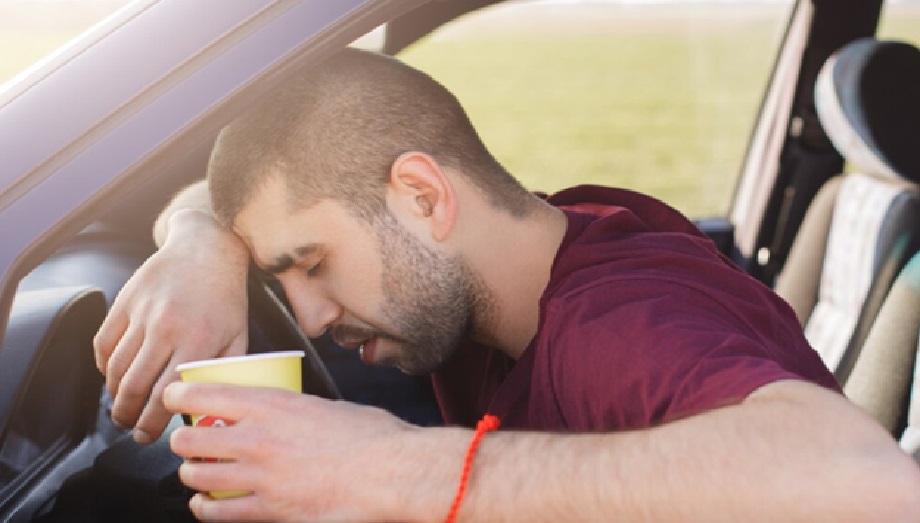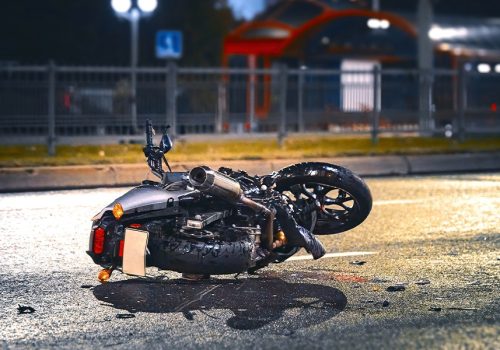Florida victims of drunk driving accidents: legal steps to take
Drunk driving accidents can be devastating, resulting in serious injuries, property damages, and sometimes even fatalities. The risk of an impaired driver is high in Florida because the climate encourages socializing and travel year-round. Understanding the legal steps victims can take to pursue justice and compensation is important.
This article describes the legal steps that victims must take after a drunken driving accident in Florida to protect their rights and receive the compensation they are entitled to.
1. Be sure to seek medical attention and ensure safety
Safety is the first priority following any accident. You may be involved in an accident caused by a suspected drunken driver.
- Moving to Safety: Move away from traffic if possible.
- Call 911 and report the accident as soon as possible. Tell the dispatcher that you believe the other driver was under the influence.
- Get Medical Help. Even if the injury seems minor, you should still get an evaluation. Some injuries are not immediately obvious.
The medical records are crucial to any legal claim as they will document your injuries, and link them back to the accident.
2. Collect evidence at the scene
Getting evidence from the accident site can help you prove your case. You can gather the following evidence if you are able to safely do so:
- Take photos and videos of the vehicles involved, the accident site, any visible injuries, and the skid marks.
- Witness Information: Identify and collect the names and contact information of anyone who saw the accident.
- Driver Details: Share information about the driver with them, such as their name, contact details, driver’s licence number, and any insurance details.
Record your observations, or tell the police officer responding to them, if the driver is erratic, has slurred words, or shows other signs of alcoholism.
3. You can file a police report
Florida requires that any accident involving serious injuries, fatalities or property damage be reported. The police officer who responds will:
- Perform field sobriety testing on the suspected drunken driver.
- If intoxication is suspected, administer a breathalyzer test or a blood test.
- It is important to file an official accident report. This will help you with your claim.
You should request a copy as this is the official record of the accident, and it may also indicate if the other driver was impaired.
4. Seek legal guidance
The legal process can be complicated after an accident caused by drunk driving. An experienced personal injury lawyer can help you build a solid case and understand your rights. An attorney can help with:
- Assessing the strength of a claim.
- Gathering more evidence such as surveillance footage and toxicology reports.
- You can communicate with your insurance company on behalf.
A legal representative will ensure that you are not forced to accept a settlement less than you deserve.
5. Understanding Compensation Options
Two primary compensation options are available to victims of drunk driving accidents.
a. Personal Injury Claim
You can seek compensation for:
- Medical expenses: The current and future costs of medical care related to your accident.
- Loss of Income: The income lost as a result of time off work.
- The accident caused physical and emotional pain.
- Damage to your vehicle: You can repair or replace it.
b. Civil Lawsuit
You can file a civil suit against the drunken driver if you cannot reach a settlement through your insurance company. Punitive damages, which are meant to punish the drunk driver for gross negligence, may also be awarded in some cases.
6. Florida’s no-fault insurance system is a reality.
Florida has a no-fault system of insurance. This means that, after an accident, the Personal Injury Protection (PIP), will cover your medical costs and lost wages, up to your policy limit, regardless of who is at fault.
If your injuries are serious or exceed the PIP coverage you may be able to file a claim outside of the no-fault law against the driver at fault. Severe injuries can include:
- Permanent impairment
- Disfigurement or scarring of the face
- Bone fractures
7. Monitor Criminal Proceedings
The state can also pursue criminal charges against a drunk driver. Your case can be strengthened by a conviction, which establishes that the drunk driver was negligent. You can seek compensation regardless of whether the criminal case is successful or not. However, a conviction may give you more leverage in settlement negotiations.
8. Learn the Statute of Limitations
Florida’s statute of limitations is four years after the date of an accident. If the accident caused wrongful death, however, the statute is only two years.
If you fail to file your claim within the timeframe specified, then you may lose your right to compensation.
9. Protect your rights throughout the process
Protect your rights to strengthen your case
- Do not give recorded statements to insurers without consulting a lawyer.
- Avoid posting on social media about the accident.
- Keep detailed records for medical expenses, lost workdays and accidents.
10. Focus on Recovery When Pursuing Justice
Recovery from a drunken driving accident requires both physical healing as well as navigating the legal system. Although compensation will not undo trauma, it may ease financial burdens or hold the guilty party accountable.
Understanding the legal steps, and seeking professional advice can help victims pursue justice with confidence and focus on their recovery.
Knowing your rights and taking the appropriate actions can make a huge difference when it comes to achieving a fair outcome.
This article was written by Jeanette Secor PA Attorney at Law.
For over 20 years, the law office of https://www.wonandover.com/ in St. Petersburg, FL, has been the go-to choice for those seeking justice after an injury. Jeanette Secor is renowned as the best slip and fall attorney. She has successfully represented clients in motorcycle accidents, car accidents and slip and fall incidents.





